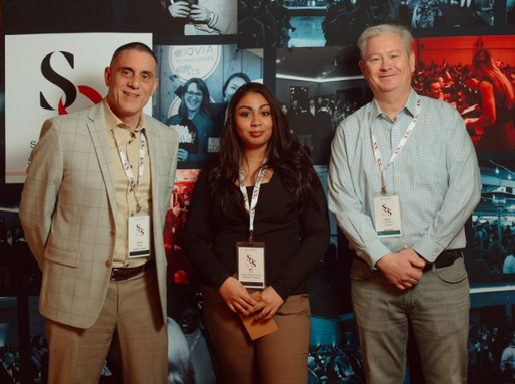Did The SOS Conference Suffer From A Sophomore Slump?

By Dan Schell, Chief Editor, Clinical Leader
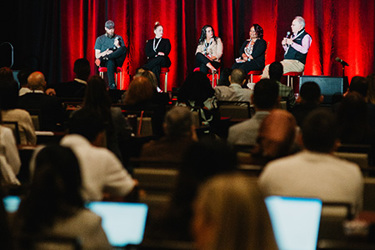
In the world of music and film, the sophomore slump is a well-known phenomenon — when a strong debut is followed by a disappointing second effort. Think of Guns 'n Roses failing to recapture the raw magic of Appetite for Destruction, or Jaws 2 struggling to match the brilliance of its predecessor. The second year of a conference can face the same challenge. After an inaugural event generates excitement and sets high expectations, the real test comes in year two: Can it build on that momentum, or will it falter under the weight of its own success?
Did the recent Save Our Sites (SOS) conference suffer from the sophomore slump? I don’t think it did, but to me, there were some notable differences compared to last year.
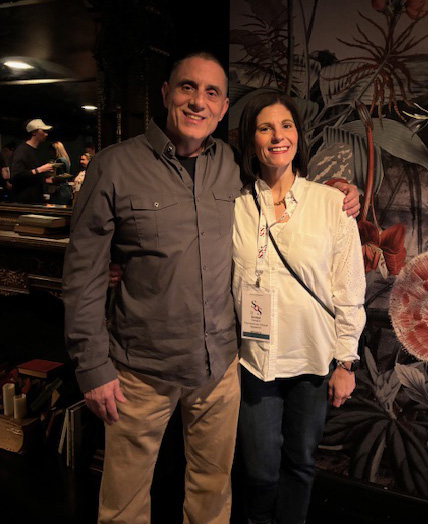
Conceived and run by industry renegades/visionaries/thought leaders such as Dan Sfera, Brad Hightower, Chris Sauber, Judy Galindo, Ashley Margo, Monica Cuitiva, and a noticeably absent this year Dr. Daniel Fox, SOS expanded in 2025 to two days. Due to my flight, I missed the afternoon sessions on the second day this year, so I didn’t get to see some panels like the one with Chris Sauber shooting money all over the floor. Those kinds of fun and attention-getting elements were what I missed the most when comparing the two SOSs. I mean, it will be hard to beat that mock trial last year (IYKYK)! And it did seem like they engaged the audience more in 2024, but there were more attendees (376) at this year’s event, so as this show grows, that’s going to be more difficult.
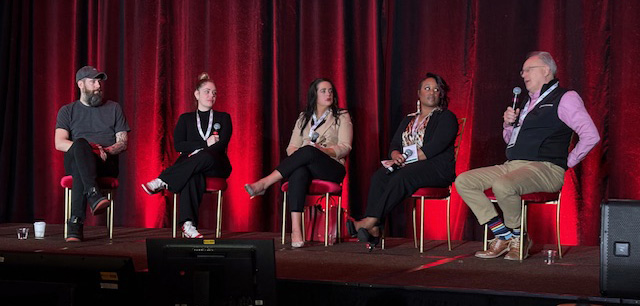
But that’s not to say the audience wasn’t engaged. In fact, there were often lines at the two mic stands set up on each side of the room for audience members to ask questions. I really enjoyed that element and thought it made the panels even more interesting.
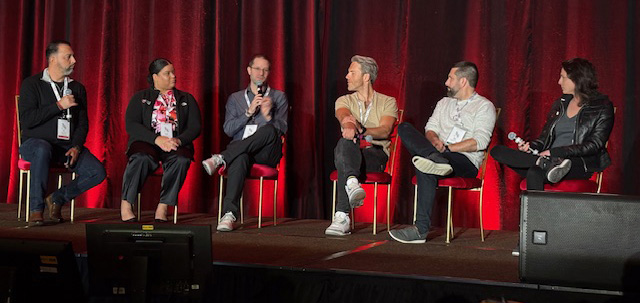
LOTS OF TALK ABOUT AI & SOPs
Not surprisingly, I met a few people who were starting some type of AI company, just joined some kind of AI company, or were commenting that there sure were a lot of AI companies or opportunities for AI in clinical research. During the panel on AI, there were the typical comments on how you can use AI for repetitive tasks and why you need to ensure a human stays in the loop. And of course, there was the common reassurance that AI is just a tool; it’s likely not going to replace your job. But, the session really got interesting when it turned to the topic of rights and data security. Should you be looking into the fine print of that AI tool you’re using and find out if you can prevent it from “learning” from your input? Uh, yeah. Dig into those terms of service to also see who owns the data. You might also consider developing an AI policy for your site to show how you are using patient data. The panel even put together an open-source tool to help sites create an AI SOP.
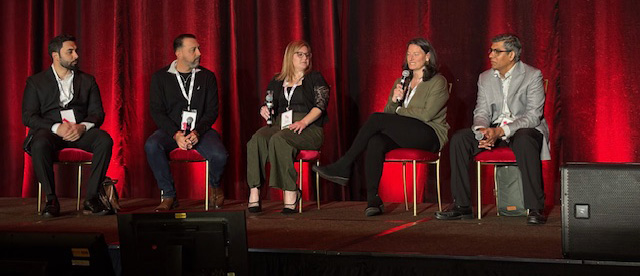
Speaking of SOPs, I never thought such a mundane topic would get so much attention, but it just kept popping up even after the session dedicated to these documents. How many SOPs is too many? Panelist Scott Whitt said anything over six is too many. I’m not sure everyone agreed with him. Audience member (and official “Ambassador of Fun”) Jess Thompson commented, “SOPs are there to take back control” and she called them “standard operating power.”
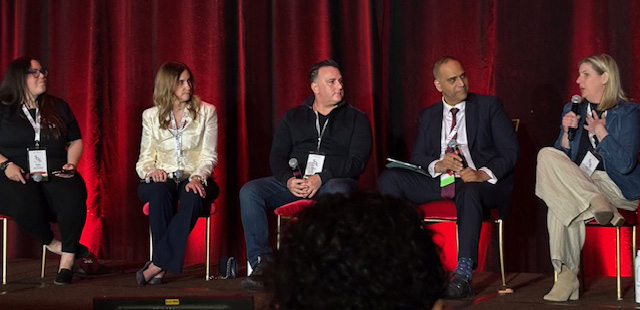
SOME KEY TAKEAWAYS
Here are a few other key points and interesting quotes I wrote down from the sessions I attended:
- “A lot of tech vendors are slapping ‘AI’ on their tech stack. I like to call that ‘garbage AI.’” — Ashish Sahni
- All of the panelists on the 483 avoidance session were great, although I would have liked to have heard from an actual FDA inspector, too (last year they had Patrick Stone on one of these similar panels). I think it was either Robert Goldman or Darshan Kulkarni who suggested when implementing CAPA, include “effectiveness checks,” which ensure you are serious about remedying a problem and that it won't happen again.
- During the session “Monitor’s Lens: Insights For Building Resilient and Thriving Clinical Sites,” audience member Diem Phan explained that at her site they assign a CRC for each CRA, which helps with relationship building between the site ad CRAs.
- During the session on leveraging social media for your site, I think more panelists from sites talking about what has worked for them would have made this session even more valuable. I did like when Dan Sfera said, “The enemy of a site is anonymity” and when Judy Galindo commented that central recruitment campaigns don’t work and that sponsors should give sites that money for their recruitment efforts since they know their communities the best.
- “Some of the best money I've ever spent was on outsourcing the financial management of my site. That enabled me to make more important business decisions.” — David LaHaie
- “Getting a trial is like applying for a job. Treat it the same way.” — Darian Trojacek
- “You’re going to do it all, and it’s going to suck.” — Brad Hightower on starting a site.
- “The experience of the PI is less important than the experience of the support staff at the site.” — Sean Cunningham
- There were a few people who suggested moving away from using the term KOL to describe your PI.
- Paul Ivsen commented that there needs to be better feedback to sites on how they did in a trial and also why they did not get selected for a trial.
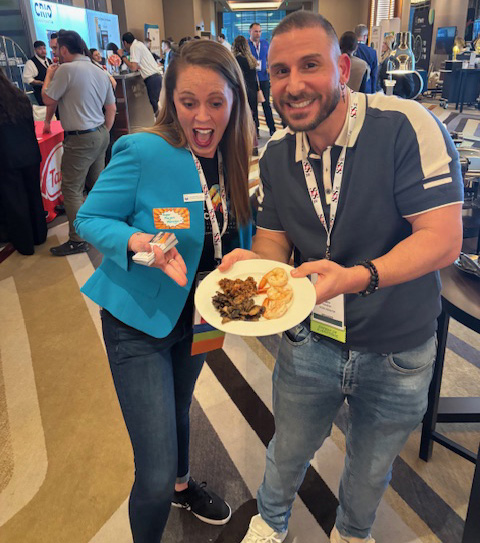
Like last year, I'd say this year's SOS was chock full of networking opportunities. Whether it was the opening night’s party at the funky Alice in Wonderland themed local bar, or any of the meals held in the dining area (That Friday night party had some of the best food I've ever had that a conference. Ribs? Wings? Brisket? Uh yes, I'll take all of them, thank you!), if you didn’t meet someone new, you weren't trying hard enough.
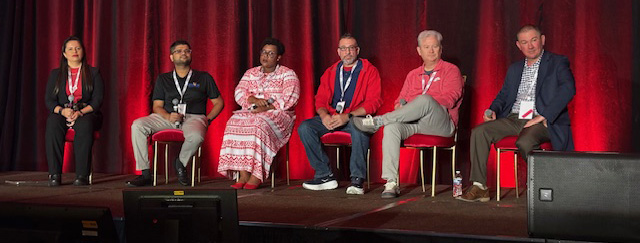
One difference this year was that they did not have the small breakout sessions. I really liked those last year because you could continue a discussion from a main session with some of the panelists in a smaller room.
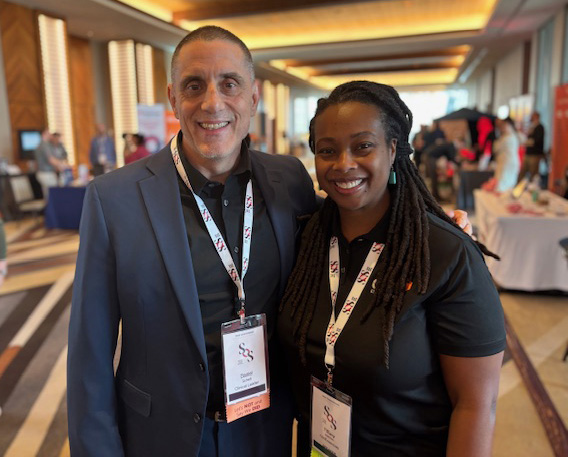
And despite liking what I saw of Oklahoma City, I think everyone I spoke to said that they hoped next year’s show would be somewhere that is easier to get to (sorry Brad). I heard cities such as San Diego, Orlando, Chicago, and Vegas all mentioned.
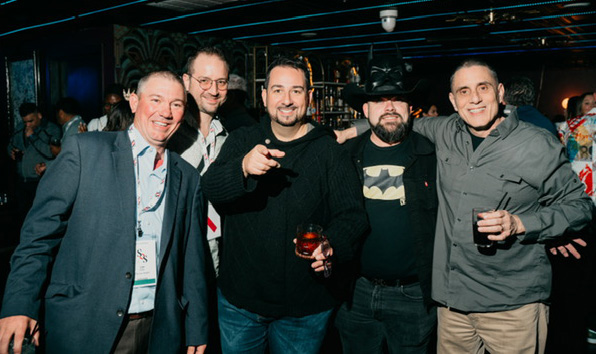
So, did year two of the SOS conference suffer from the sophomore slump? I don't think so. In fact I look forward to next year. Remember, this is an event run by a group of people who are not specialized in conference coordination, and they have now pulled off a successful show two years in a row. They are passionate about empowering sites, and if this is their path to doing so, I wouldn't underestimate them.
